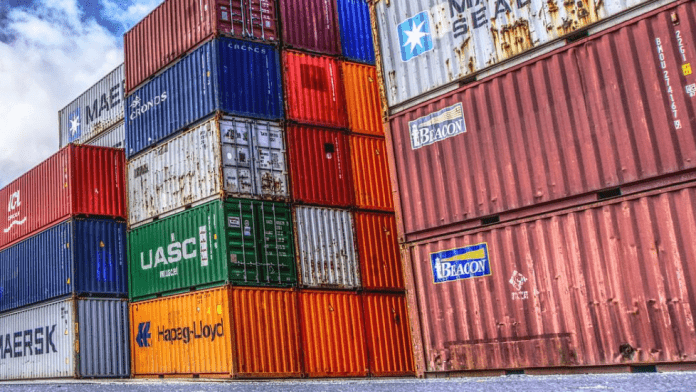The Port of Rotterdam has launched a new ‘secure data sharing’ programme to make port calls more secure by establishing reliable information exchange between the various links in the container logistics chain.
The major Dutch port has worked together with Portbase on this project. Founded in 2009 by the Ports of Rotterdam and Amsterdam, Portbase has been ensuring smooth handling in Dutch ports with its Port Community System (PCS), by allowing the core processes in the ports to rest on reliable basic infrastructure for storing, accessing and sharing data.
“This programme focuses on a chain-wide approach, with concrete solutions to make the information exchange between the different links in the container logistics chain more secure,” said Peter de Graaf, managing director of Portbase.
The ‘Secure data sharing’ programme has three basic principles; secure identities, secure processes and a secure platform. In short, it is about implementing multi-factor authentication (MFA) and working with authorisations.
Until now, a container in the port of Rotterdam is released using a pin code, a “key”. By linking up with the ‘Secure data sharing’ programme, only authorised companies and their employees can carry out the necessary digital actions and obtain information within the Portbase services in relation to the container release process.
Portbase achieves this by developing applications for the port business community that can create closed chains, to which only authorised parties will have access. “An account and the right ‘key’ are therefore no longer sufficient, as an additional layer of security has been added with the application of authorisations,” explains the Rotterdam Port Authority.
Moreover, Portbase makes the PCS suitable for third-party solutions that add an extra layer of security. Hence, shipping companies can choose to digitally encrypt PIN codes. Hapag Lloyd is the first major shipping company in the port of Rotterdam to use this extra guarantee via the Belgian tech company T-Mining, linked to the Portbase PCS.
The aim is to further roll out and optimise the concept of the additionally secured container release in the short term, in close consultation with the port community. “This will help create a secure port of Rotterdam because the theft-sensitive PIN code will become irrelevant in the port logistics process,” claimed De Graaf.







